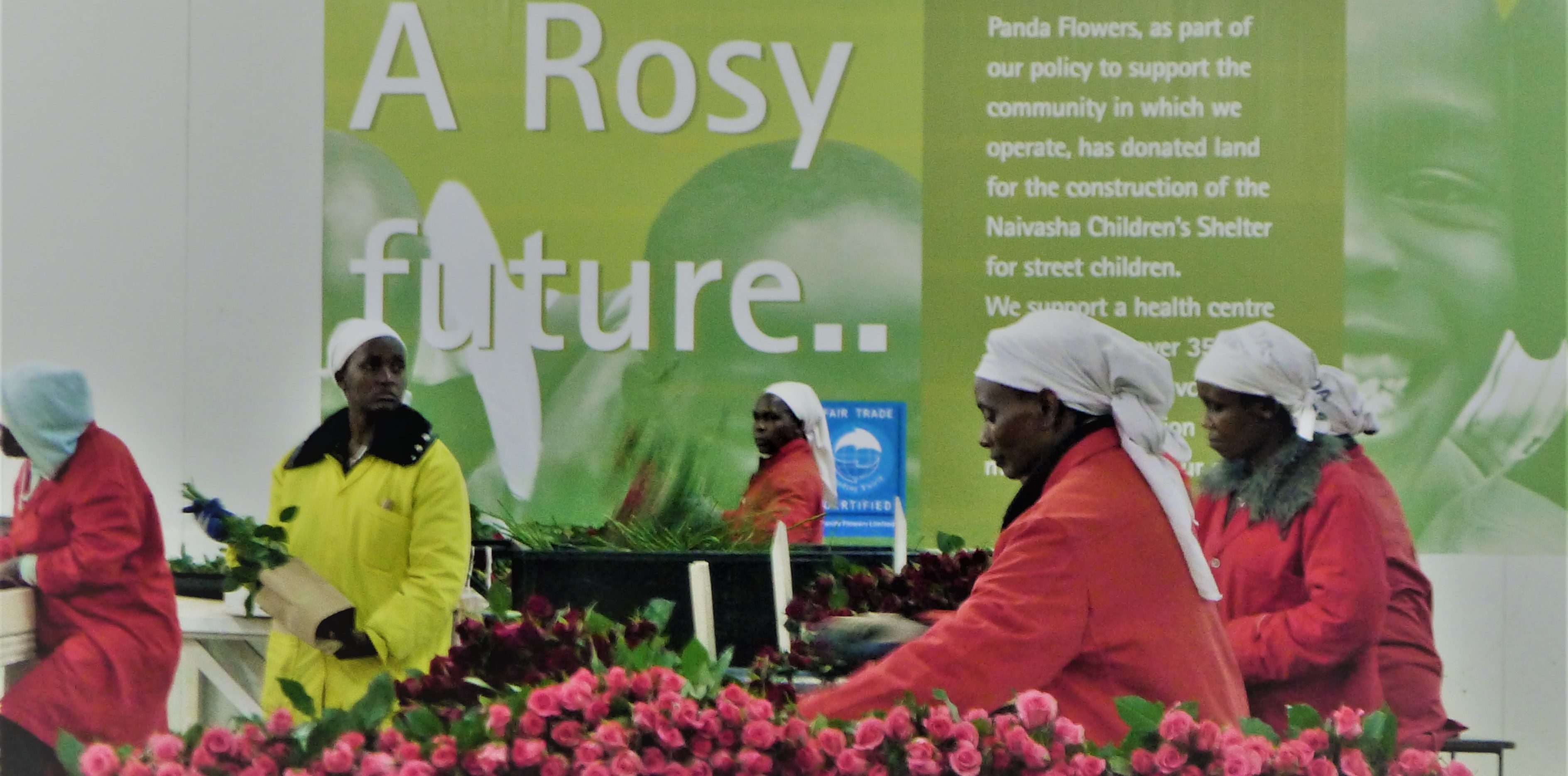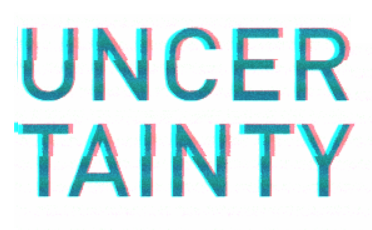The STEPS symposium on ‘the politics of uncertainty’ made me think about a couple of questions that I have been concerned with in my research work, but that I have so far mostly approached from a perspective of risk, and how risk is translated into space (‘riskscapes’). The symposium addressed the issue of uncertainty and ‘unknown unknowns’ primarily as a political challenge and a problem for decision-making. I suppose this problematisation has a lot to do with our awareness of a global condition that seems to get out of control, because the future is overshadowed by uncertainties about climate change and anticipated disasters.
Against this backdrop, I wonder whether there are other ways of making sense of uncertainty; for example, its emotional aspects (anxieties, confidence, trust), future imaginations (wishful thinking, aspirational capacities), beliefs and faith (destiny, fatalism), and how they can be understood. From this point of view, uncertainty is not only a scientific problem or a political challenge, but a cultural phenomenon that may change over time.
I understand uncertainty as an aspect of the future reflected in the present, like in the following lines of a song from the 1950s.
“Que será, será
Whatever will be, will be.
The future ‘s not ours to see.
What will be will be.”
(song by Doris Day, 1956)
In 1957, Doris Day won an Oscar for this song about the impossibility to foresee (and influence) the future. From our present-day perspective, this song sounds strangely fatalistic and old-fashioned. The phrase ‘whatever will be, will be’ does not only mean that the future is unknown and uncertain, but also beyond control.
Today, I suppose, uncertainty is no longer accepted so easily. It is seen as a problem that somehow stands in the way of modern societies into the future. I wonder what this tells us about the way we are envisioning the future. A possible explanation might be that uncertainty is framed as a problem today, much more than it was in the past, because we are realising that we are losing control over the future. Uncertainty, in that sense, is not only an objective condition, something that lies beyond the realm of statistics, but a feeling, which emerges from the way societies approach their futures.
Dimensions of uncertainty: temporal and spatial considerations
Another aspect I find interesting to explore further: Uncertainty has a temporal and a spatial dimension. How are the two related?
It is temporal in so far as (the feeling of) uncertainty is placed somewhere between the present and the future. It denotes the relationship between decision-making in the present and its consequences in the future. Making sense of uncertainty therefore requires an understanding of how futures are envisioned and shaped. The future, as Marc Augè put it, is essentially social, because it depends on others. I would add that the same holds true for the feeling of uncertainty: It depends on others.
People communicate what they expect from the future, their dreams and anxieties, and the uncertainties involved in future-making. Imagined futures, in the sense of Jens Beckert, may create some sort of ‘felt certainty’, which is based on an understanding between actors about shared ‘fictional expectations’. If we accept the proposition that uncertainty is not only something that concerns probabilities and knowledge, but also feelings and social relations, we can approach it as a phenomenon that tells us something about the way societies constitute their futures.
The spatial dimension of uncertainty concerns the uneven distribution of knowledge about future conditions, and the capacity to manage risk. Uncertainty is not the same everywhere in the world, and to everyone living in the world. As a consequence, I suppose, we need to ask what causes these spatial and social differences, and what that means for the way societies produce and negotiate uncertain futures. In this regard, Africa is a particularly interesting case, since the continent and the people living there are facing multiple overlapping uncertainties coming from a high degree of exposure to future risks, and a relatively low degree of knowledge about how things will develop.

Cultural practices of future-making in Africa
In my own research, I am particularly interested in the ways African societies envision their futures, how they translate their visions into practice and space, how they manage risks, and (as I will add following the STEPS uncertainty symposium) how they get along with uncertainties. We have just launched a collaborative research centre ‘Future Rural Africa’ at the universities of Bonn and Cologne, which is focusing on the cultural practices of ‘future-making’ in African rural peripheries. Practices of future-making, in the sense of Arjun Appadurai, may comprise aspiration, imagination and anticipation. We are investigating the multiple ways the future is made an issue in the present, i.e., how smallholders, pastoralists, migrant labourers, investors, government employees or other actors envision their own futures, and what they do to make it real. In this context, uncertainty can be understood as the fuzziness of visions, the unthinkable in future imaginations, and the blind spots of anticipation. We critically question Western teleologies and timeframes involved in discourses of development and progress, and confront them with alternative visions of the future.
This is one of a series of blog posts by participants following the STEPS symposium The Politics of Uncertainty: Practical Challenges for Transformative Action.
ABOUT THE AUTHOR
Detlef Müller-Mahn, is Professor of Development Geography at the University of Bonn, Germany.

Uncertainties can make it hard to plan ahead. But recognising them can help to reveal new questions and choices. What kinds of uncertainty are there, why do they matter for sustainability, and what ideas, approaches and methods can help us to respond to them?
Find out more about our theme for 2019 on our Uncertainty theme page.
